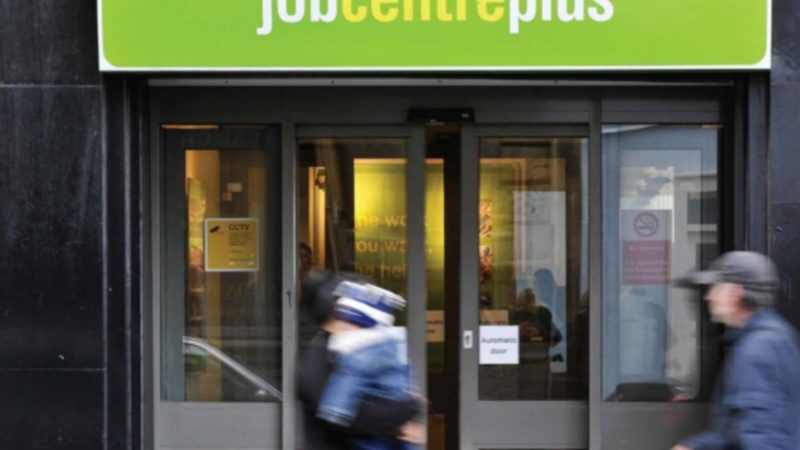'The new lockdown will have brought a renewed sense of financial dread for many families'

The Government has denied that there’s flaws in the Universal Credit scheme despite the fact that families live in “financial dread”, leading to “more reliance on foodbanks, spiralling rent arrears and even increased psychological distress“.
The Work and Pensions Committee has today published the Government’s response to its report, Universal Credit: The wait for a first payment, which came out in October. It drew on evidence from both organisations and individuals which suggested that a significant proportion of people faced financial and other difficulties during the wait for a first Universal Credit payment.
Among the Committee’s recommendations was the introduction of a starter payment for all people claiming for the first time, equivalent to three weeks of the standard allowance, which is around £288 for a single person over 25.
In its response, the Government said there is “no need” for a starter payment and refuse to conduct or commission any research on possible links between UC and rising foodbank use, increased rent arrears and psychological distress.
The Government has also refused to commit to extending the £20 weekly increase in UC beyond April, brought in at the start of the coronavirus pandemic last year.
In a summation of its response, the Government said: “The Committee has repeatedly pointed out how well Universal Credit has performed across the pandemic. We have adapted our processes and practices in an agile way, enabling us to support an unprecedented increase in claimants whilst responding to the specific challenge of working in a world of social distancing. Payment timeliness has remained high at above 90% for the duration of the pandemic despite there now being 5.7m individual claims.
“No one has to wait five weeks for a payment. Advances – which allow thirteen UC payments to be spread over twelve months – are available for those claimants who require funds urgently, with most people receiving funds within 72 hours of requesting one. We have paid out over a million new claim advances since mid-March and this has been a crucial pillar of the Government’s response, ensuring financial supports gets to those who need it.”
Rt Hon Stephen Timms, Chair of the Work and Pensions Committee, said: “Our report put forward a set of practical and costed proposals intended to offer a constructive way of mitigating the worst effects of the wait for a first payment of Universal Credit. The Government has dismissed those proposals out of hand—and in some cases, simply ignored them.
“Worst of all, Ministers are refusing point blank even to do any research that might help them to understand the impact that the five week wait is having on people. Our inquiry heard that the wait may be linked to rising reliance on foodbanks, spiralling rent arrears and even increased psychological distress. It’s astounding that the Government won’t even look closely at those findings, let alone do anything about them.
“The new lockdown will have brought a renewed sense of financial dread for many families. The Government could have softened that blow by announcing that it would maintain the £20 weekly increase in UC past April. Instead, it has chosen to keep households in the dark over whether this much-needed lifeline will continue.
“We are not alone in pressing for action on the wait. Voices from across the political spectrum, inside and outside Parliament, are calling for change. It’s time DWP took the blinkers off and started to look at the real impact of the five week wait.”
During the inquiry, the Committee heard from front line organisations including Citizens Advice and the Trussell Trust on the hardship experienced by many people when waiting for a first UC payment. The National Audit Office report from July, Universal Credit: getting to first payment, found that the wait for an initial award could exacerbate financial difficulties.
On starter payments, both the Trussell Trust and a July report from the House of Lords Economic Affairs Committee called for all new UC claimants to be given non-repayable grants.
Following evidence from former Work and Pensions Secretary Sir Iain Duncan Smith, among others, the Committee also called for changes to the way that historic tax credit debt is clawed back from people when they move to Universal Credit. The Government response indicated there will be no change in policy.
Members will have the chance to raise the Government’s response with the Secretary of State when she appears before the Committee on 3rd February.
Lucy Skoulding is a freelance reporter at Left Foot Forward. Follow her on Twitter.
To reach hundreds of thousands of new readers we need to grow our donor base substantially.
That's why in 2024, we are seeking to generate 150 additional regular donors to support Left Foot Forward's work.
We still need another 117 people to donate to hit the target. You can help. Donate today.



